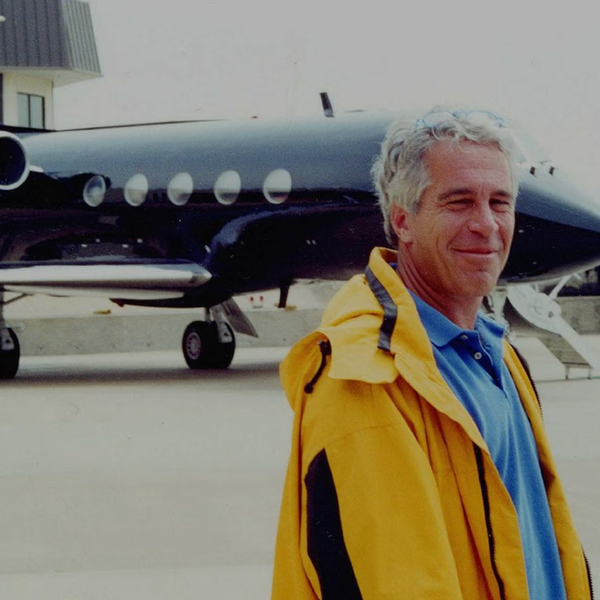
Until this week, I’d never witnessed this on a plane.
I’d read numerous stories and essays about passengers trying to shame seat-mates for their weight, but I was not prepared for what that sounds like or how it looks.
We were a full plane, except for a single open seat in first class. I was seated in the immediate row behind that section and had a clear view of the remaining spot. I fly a lot but usually not with this airline. My upgrade was as likely as my exiting the plane a foot taller than when I had boarded.
A man three rows back thought he should sit there, and not because he had paid for it or qualified as a frequent flyer. His “circumstances” entitled him to it, he said, because he was seated next to a large man.
I didn’t know his reason at first. I heard the airline attendant patiently explaining how upgrades work and thought nothing more of it. A few minutes later, that same passenger started yelling at the attendant to take a picture with his phone. That’s when I pulled out my notebook. A columnist’s habit.
“Take it,” he said, holding out his phone. “Take a picture of us to show how ridiculous it is to make me sit next to him. Look at him. Why should I have to sit here?”
Several of us whipped around, and at least a couple of passengers sitting closest to him made disapproving sounds. The man did not care. “Take the picture,” he said, his face growing redder. He pointed to the passenger next to him. “Take the picture of us so that I can prove what happened here.”
The passenger he was attempting to humiliate was still and quiet, staring straight ahead. The airline attendant remained calm, explaining that he could not take a picture of both of them. “If you want a photo of yourself, hand me your camera,” he said, “but I can’t photograph another passenger.”
The angry man finally gave up, but the damage had been done — and nobody can explain why better than Tommy Tomlinson.
Tommy has been a reporter, columnist and essayist for about three decades and was a Pulitzer Prize finalist in 2005. Like countless others, I am proud to be his friend because he is also a kind and gentle man. His recent book, The Elephant in the Room, chronicles his lifelong struggle with obesity.
In an excerpt published earlier this year in The Atlantic, he describes taking a crowded subway in New York City, scared that he might fall and hurt somebody. “None of them could take my weight,” he writes. “It would be an avalanche. Some of them stare at me, and I figure they’re thinking the same thing. An old woman is sitting three feet away. One slip and I’d crush her. I grip the pole harder.
“My palms start to sweat, and all of a sudden I flash back to elementary school in Georgia, standing in the aisle on the school bus. The driver hollers at me to find a seat. He can’t take us home until everybody sits down. I’m the only one standing. Every time I spot an open space, somebody slides to the edge of the seat and covers it up. Nobody wants the fat boy mashed in next to them. I freeze, helpless. The driver glares at me in the rearview mirror. An older kid sitting in front of me — a redhead, freckles, I’ll never forget his face — has a cast on his right arm. He reaches back and starts clubbing me with it, below the waist, out of the driver’s line of sight. He catches me in the groin and it hurts, but not as much as the shame when the other kids laugh and the bus driver gets up and storms toward me—
“and the train stops and jolts me back into now.”
Sharing cramped public spaces is often uncomfortable. Impatience can sneak up on us like black mold, turning us into someone we don’t recognize and quickly leave behind. But anytime we try to shame someone else, only one of us gets to walk away and act as if it never happened.
After our flight landed, I joined the long line of passengers waiting for a gate-checked bag. I was on the lookout for the man on the receiving end of that passenger’s rage. I just wanted to smile at him, and I had a feeling I wasn’t the only one.
He just looked down at his feet as he walked. “Excuse me. So sorry. Excuse me,” he said — all the way up the ramp.
Connie Schultz is a Pulitzer Prize-winning columnist and professional in residence at Kent State University’s school of journalism. She is the author of two books, including “…and His Lovely Wife,” which chronicled the successful race of her husband, Sherrod Brown, for the U.S. Senate. To find out more about Connie Schultz (con.schultz@yahoo.com) and read her past columns, please visit the Creators Syndicate webpage at www.creators.com.








